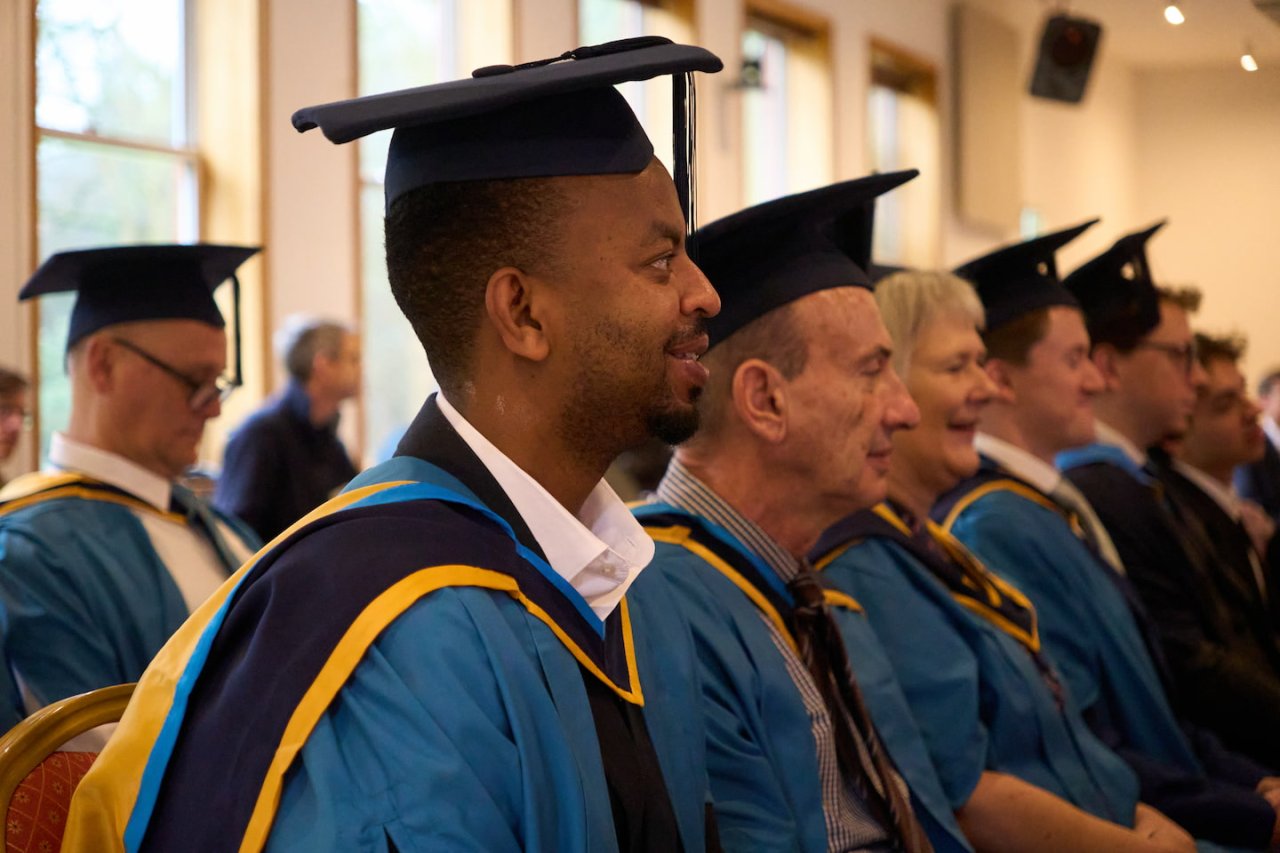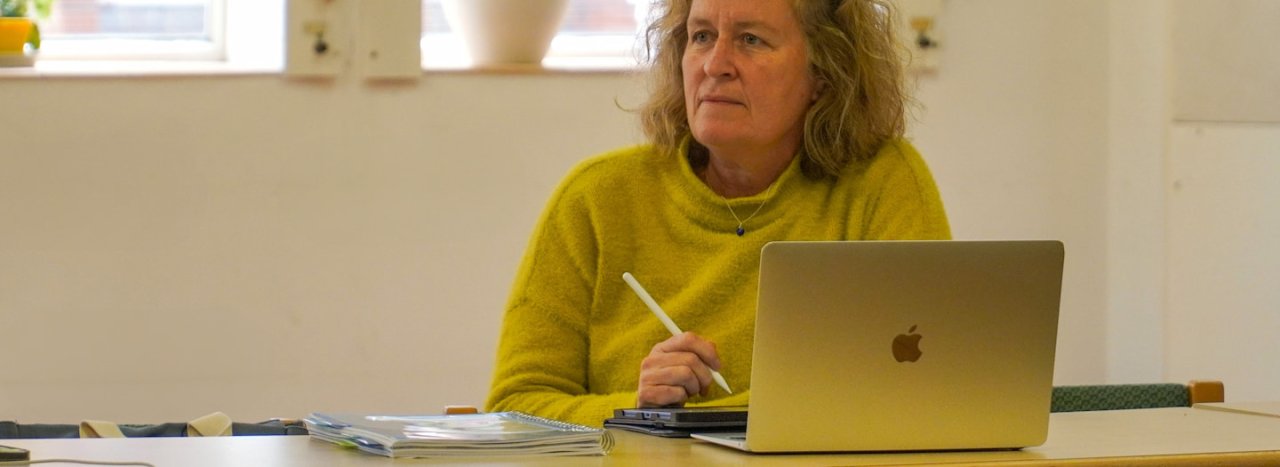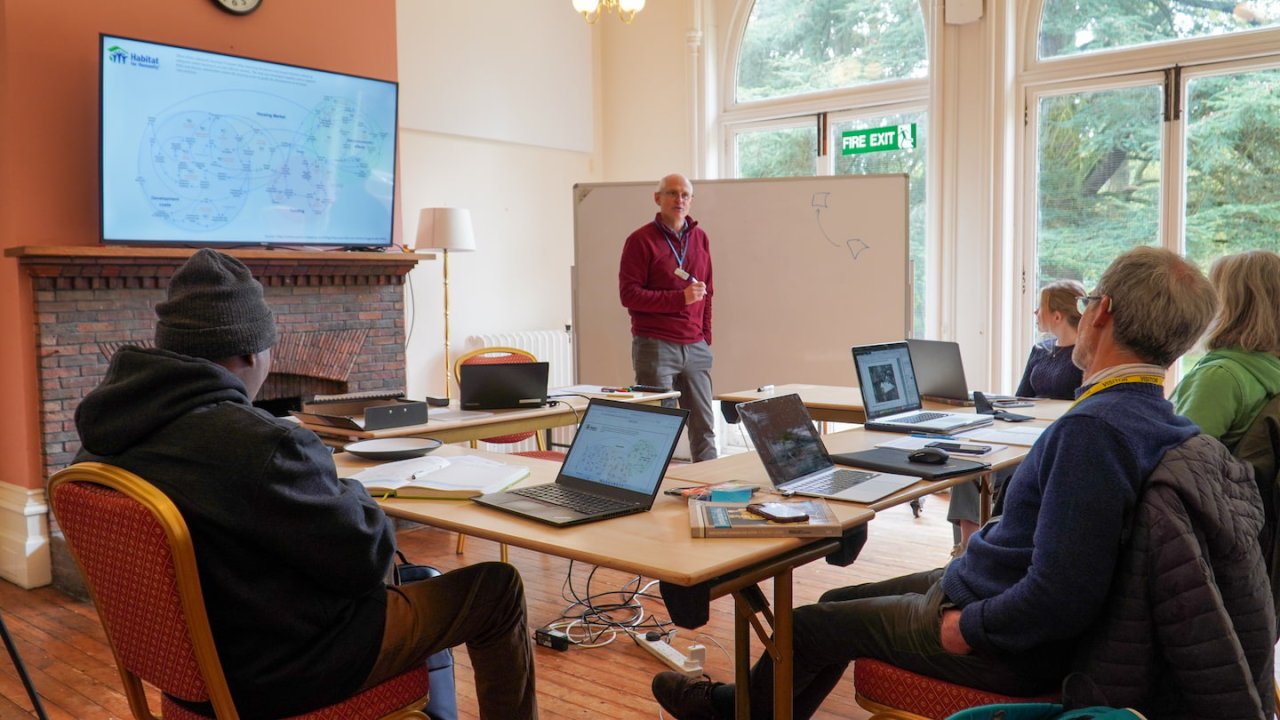Postgraduate

- 1 Year Full Time
- 2-4 Years Part Time
- Level 7 Level of Award
- Online with live interaction
Programme Awards
Build healthy spiritual and biblical foundations for transformative, life-changing work.

FAQs
-
There are two entry routes to the Postgraduate Programme: an academic entry route and a professional entry route.
For academic entry, applicants must have a Bachelor’s degree (or equivalent) in theology or religious studies (usually 2.1 pass or above) or, if in another subject, at least one year of formal Biblical or theological training (or complete the All Nations bridging modules - see below for information on this). In addition, you should have a minimum of two years' cross-cultural ministry or mission experience.
The professional entry route is open to applicants with appropriate professional qualifications and a minimum of four years' experience in a mission context.
Those doing awards in specialist fields are expected to have a background in the relevant field e.g. development, leadership, or church-based ministry.
For those for whom English is not a first language, proof of English competency will also be required (IELTS - 7.0 or Cambridge - Proficiency at C grade or above).
Applicants are required to complete a book critique as part of the application process and may be required to complete bridging modules to ensure they are equipped for the start of their postgraduate studies.
For full details of all the entry criteria, please see the College Admissions Policy. If you are unsure whether you are eligible for the programme please contact us to discuss this further.
-
Postgraduate course applicants who do not meet the criteria for entrance on application (for example due to lack of theological training), can access bridging modules prior to starting the postgraduate programme. The bridging modules are available both residentially and online, and will be adapted to meet each student’s specific needs. The bridging modules involve accessing relevant Undergraduate modules over a period of one to three terms. These will normally be selected from the following:
Pentateuch
Synoptic Gospels
Theology of Mission
Pauline Epistles
Acts of the Apostles
Hermeneutics and Homiletics
Johannine Literature
Religion and Society
Old Testament Theology
Isaiah
New Testament Theology.
Applicants requiring additional intercultural experience can gain this by participating as a residential student on campus. For further information about the bridging modules, please email ma@allnations.ac.uk.
-
The MA/MTh can be completed full time (1 year) or part-time (2 – 4 years). All students start in mid-September.
The 4 year option allows students to study one module at a time, and is more suitable for those with very busy schedules.
For the academic year 2026-27 we are not offering residential places for the MA/MTh. However the course can still be studied full time over 1 year.
The Postgraduate diploma can be studied full time over 9 months, or spread over a longer period of time for part-time study.
The Postgraduate certificate can be completed part-time over 9 months, or spread over a longer period.
The programme is very flexible so do please get in touch and discuss your study options with us. All programmes are available both residentially or via remote access.
-
The Postgraduate Certificate qualification is only available in Missiology. Students must complete a total of three modules including Holistic Learning Foundations and Biblical and Theological Foundations for Mission. The third module is either Anthropological Foundations for Mission or one of a range of specialist elective modules available across the programme.
Postgraduate Diplomas are available in the various awards. Students must complete the three core modules, two specialist modules associated with the award, and either complete an independent study module or a research proposal.
Master’s degree students will complete the Diploma followed by a research dissertation (15,000 words) or practice-based project (certain awards only) in a subject related to their award.
-
The MA and MTh requires completion of 180 academic credits. It is estimated that it takes approximately 10 hours of study for each credit. Students should therefore expect to commit a total of 1800 hours for the completion of the programme. The work load depends on how the student is accessing the programme, with some variation in intensity over the year.
Full-time students generally spend 6-10 hours a week in lectures. The rest of the week (30–35 hours) is spent in self-study, working on reading, assignments and research. For student’s resident on campus, assisting with cleaning and kitchen duties are also part of college life, fostering a servant heart within community and helping to reduce student fees.
Part-time and remote access students spread their work over a longer period of time. On average part-time students (completing in 2 years) are expected to commit 18 - 22 study hours per week, and students completing in 3 years are expected to commit 10–15 study hours per week over the period of the course.
All lecture sessions are recorded, to ensure students who miss a lecture due to unforeseen circumstances can catch up. However, the majority of lectures should be accessed in real time to ensure student engagement in class discussions with other students and the lecturer.
Potential students should be aware that postgraduate study involves a continuous and sustained workload until the end of the degree. Part-time students are encouraged to discuss their proposed studies with their employers and gain approval for their studies as part of their work / ministry commitments.
-
All postgraduate courses have one point of entry in September each year.
The application deadline is 15 of June each year.






